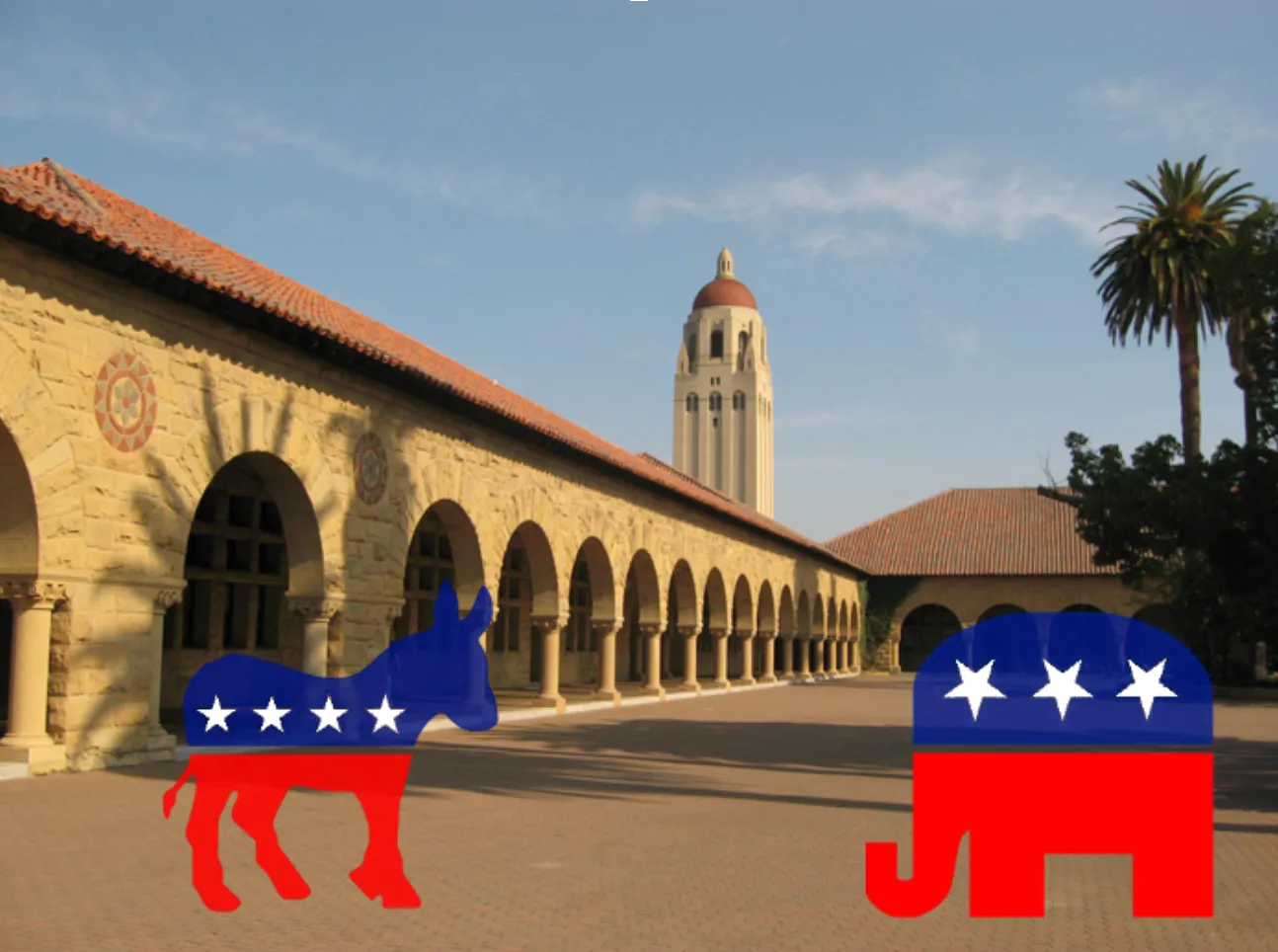Table of Contents
The Guardian’s Jeevan Vasagar reported this week that the British government is considering creating extra seats in its university quota system for privileged students who can pay an increased tuition. Vasagar writes:
Ministers argue that the creation of extra places will boost social mobility by freeing up more publicly subsidised places for undergraduates from poorer homes.
Universities are limited in their admittance numbers by a quota set by the British government. But with increasing numbers of applicants, this plan would provide more public funding to subsidize students who would normally be admitted but would not be able to pay for their education. From how it sounds, the plan would not simply put extra seats on the market for anyone to purchase, but would rather admit more students who would normally gain admission and are able to pay full tuition.
Richard Kahlenberg at the Chronicle of Higher Education compared this new British idea to some of the methods used at American universities. He argued that legacy preferences serve as a way of giving spots to students from richer families who have to pay more tuition under the university’s need-based financial aid policies.
Would people find a “rich quota” at Stanford acceptable? If such a system was created, then those extra funds could be matched one-to-one with students filling seats who need full financial aid. But this can act to squeeze out students from middle income ranges. What if the extra money raised from the “rich quota” was used simply to increase the financial aid fund in general and thus allow the admissions office to increase the number of students admitted need-blind?
I don’t think Stanford would ever implement an overt system like the British are tossing around. Not only would it cause problems for students admitted under certain quotas once at Stanford, but it could also negatively affect the way the school is perceived by potential applicants. More importantly, such a system would go against the meritocratic admissions process that Stanford tries to cultivate.







